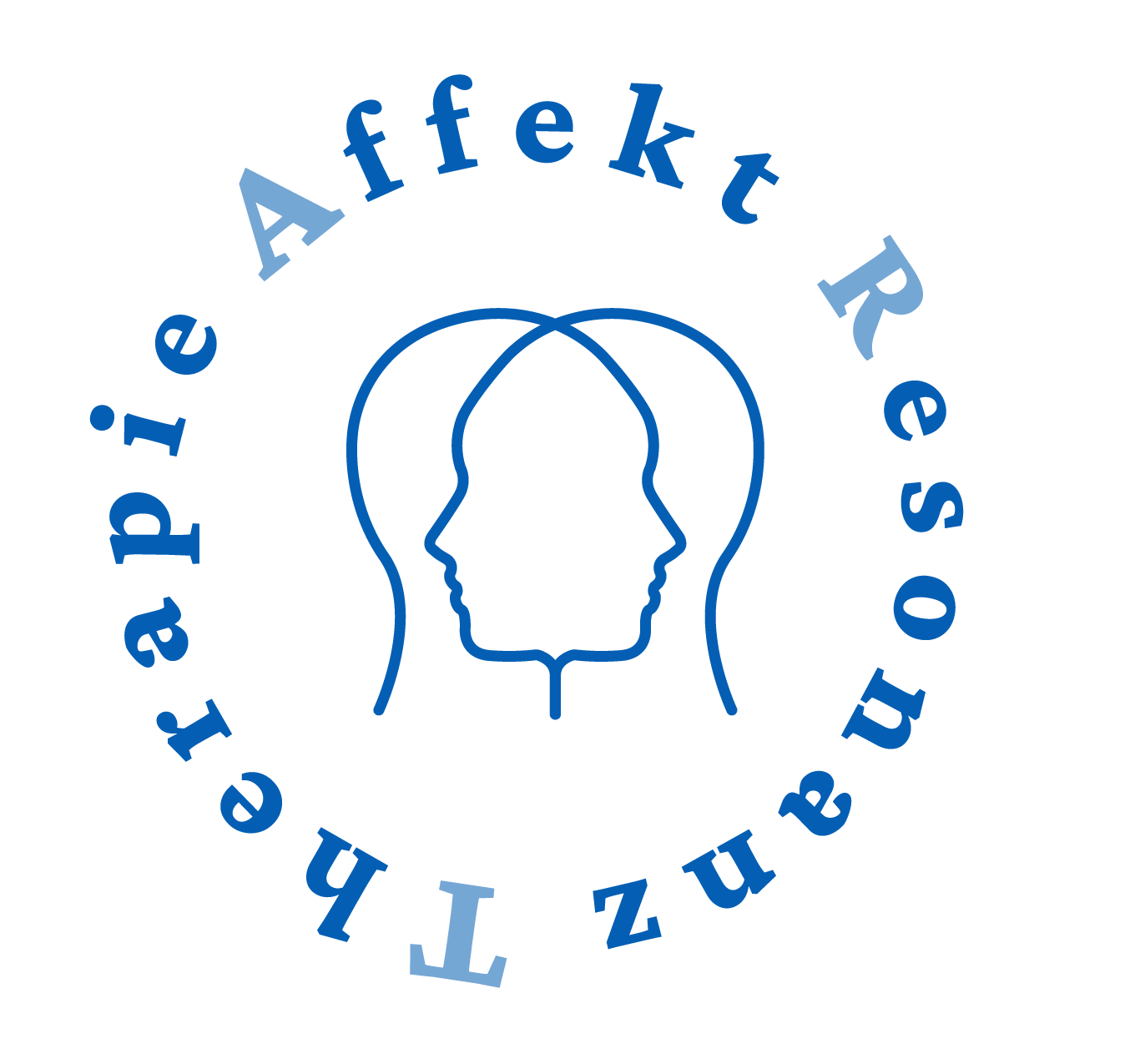WHAT IS
Affective Resonance- therapy?

The focus is on the individual in his or her unique personality, taking into account his or her social relationships. It is important to set activities aimed at increasing subjective well-being and building resilience in relation to challenging situations.
A.R.T. everyday
Members of psychosocial professions are often exposed to a variety of psychodynamic phenomena in everyday life for long periods of time and with great proximity, whether in encounters with patients or within the team.
This can be in the encounter with patients or within the team. Oftentimes, a cycle of destructive relationships, feelings of meaninglessness and difficulties in communication within the team develops, which can ultimately lead to phenomena such as "burnout" and "silent quitting".
NEW PERSPECTIVES ON TOPICS SUCH AS
Relationship dynamics in
Everyday work
Societal ideas
from outside
Forms of aggression &
Role of sexuality
Meaning of language
and expression
Different generations & social classes within
a team
The role of past parts in relation to
Relation to the present relationship experience
In summary, the aim is to create a professional basis for new approaches to establishing and shaping relationships. Emotional experience and its trained perception is not a "phenomenon to be controlled", on the contrary, the key to authentic and empathic work in the respective care settings.
EMERGENCE OF THE ART PROJECT
A.R.T. project

The first trial
of this form of observation and self-reflection took place on two field research trips in West Papua and the encounter with inhabitants of a Lani village. It merges techniques of psychoanalysis and ethnology as a form of cultural or social understanding.

Start A.R.T. project
The knowledge gained about the constitution of an ego, an understanding of the self in the foreign, forms the developmental basis for the A.R.T. project. The project group consisted of a constant team of different trainers at the training center for psychiatric nursing staff at the Otto-Wagner-Spital Vienna.
Background
The desire to provide a new learning experience for our students was paramount. In this regard, the ideas of Esther Bick and her observation of the training of child psychoanalysts offered themselves. Underlying concepts of psychoanalysis, mentalizing, and intersubjectivity were of great importance.
Beginnings of the project
The starting point was our concept of mentalization-based pedagogy, which spanned two semesters. Here we established this new form of observation and reflection in the education of nursing professions. This was followed by a long process of evaluation of the project using various protocols and tests.
Development training program
The promotion of students' perception of their own feelings (self-empathy) was to be established. Concepts of non-violent communication (Rosenberg, 2005) were the basis and were adapted for educational purposes.
The name A.R.T.
In order to integrate this aspect of the training and to emphasize the "newness" in our concept, the name "Affect Resonance Training" (ART) was created.
First presentation
Our project was presented to a wider public for the first time in 2012 at the AHA conference "Lernen gestaltet Zukunft" in Vienna. Through the toddler observation we developed a branch of our concept in the direction of: "Mentalizing in the elementary educational field".
Project management
The management of the project was divided into three parts in the implementation. ART I was developed autonomously by 2 members of the research group starting in 2014. ART II and III was consistently developed, installed & taught by Dr. Johannes Steinberg. Gerhard Schoßmaier becomes responsible for the development of ART I, together with Eva Zemann and Gerlinde Zöchling. He also develops the name "Affect Resonance Training".
A.R.T. as a teaching module
ART I was designed as an independent teaching module from 2014 and integrated into the training program.
A.R.T. goes International
This was followed by presentations and workshops of our concept on an international level!

Start of the A.R.T. Academy
In the fall of 2022, a further training course for affect resonance therapy started at the newly founded A.R.T. Academy! There is a close exchange with EMPOWERMENTE, the Association for Mental Health of Adolescents & Young Adults. This exchange process in turn serves to review and develop the teaching at the A.R.T.-Academy.
A.R.T. at universities
Since 2022 ART I and II is taught in a shortened form at the FH Campus Leopoldstadt.

A.R.T. and EMPOWERMENTS
A.R.T. is used by the EMPOWERMENTE association, founded in January 2022, as a basis and foundation for work in the psychosocial field. Thus, the members conduct case reviews in social institutions, teach students of health and nursing and work directly with adolescents.
A.R.T. in social institutions
In their field of activity, EMPOWERMENTE employees accompany people who are exposed to a high level of violence. They use A.R.T. here to contribute to the deconstruction and consequent prevention of violence.

Podcast "Therapy with Empathy
In 2023, the A.R.T. Academy launched a podcast called "Therapy with Empathy", in which Dr. Johann Steinberger and Simon Hilmar talk about daily world phenomena, myths and backgrounds of psychotherapy from the perspective of affect resonance therapy.
Future of A.R.T.
A.R.T. is being further developed by a new generation of thinkers to meet the new social challenges of the 21st century. The psychological stresses of society have increased massively due to the difficult times of corona and war in Europe.
INTERESTED IN THE COURSE?
Write us!
We are glad that you are interested in the course.
We will be happy to answer any question in detail!
